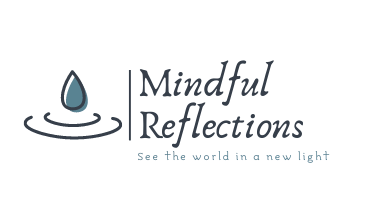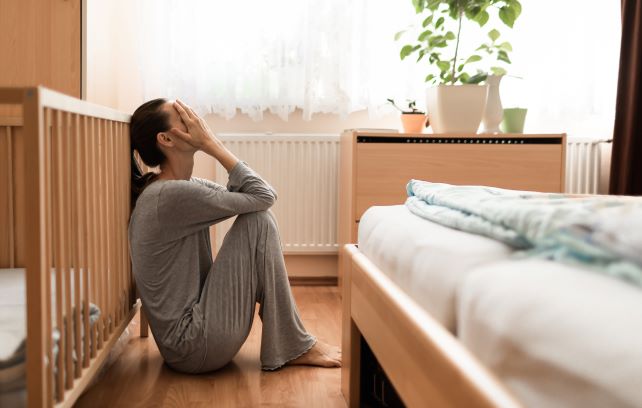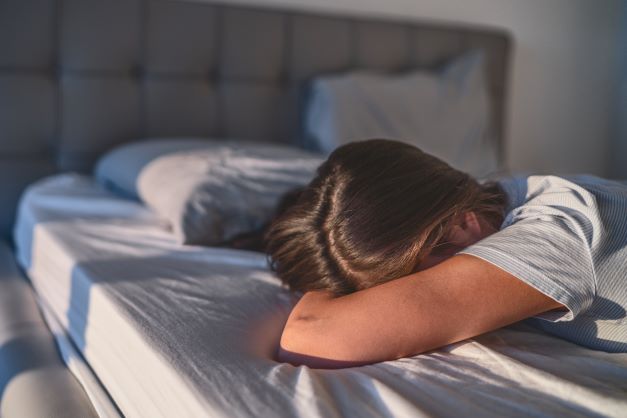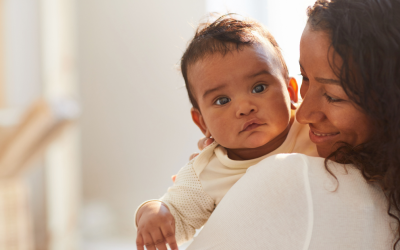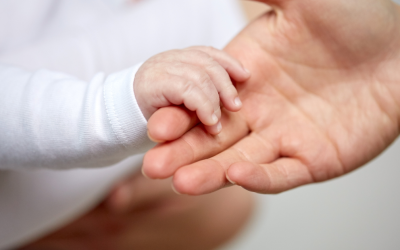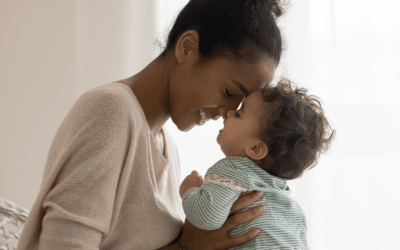When Does Postpartum Depression Begin
For a lot of us, giving birth is complicated. Birth might not go as planned, or we find ourselves experiencing new, distressing feelings after giving birth. Maybe we’re prone to bursts of unexplained anxiety, or maybe we’ve developed the infamous baby blues. The latter in particular is difficult, especially when we don’t know if it truly is baby blues or if we’re dealing with postpartum depression instead.
But what if we don’t experience baby blues? Can we still develop postpartum depression? If our two weeks after birth pass and we never felt any hint of baby blues or postpartum depression, is it possible for us to still develop it down the line?
Postpartum depression can be tricky, but hopefully, we can help you figure out some of the basics, so you can keep an eye out as you move forward after birth.
When Does It Begin?
People usually develop postpartum depression between one and three weeks after birth. But this doesn’t mean it’s the only time it can begin. It’s possible to start experiencing symptoms of it long after the initial three weeks. In fact, it can begin any time up to a year after we’ve given birth. That’s long after the baby blues should have faded.
It may seem a little odd to us, but postpartum depression can also begin shortly before birth. It may be called “postpartum”, but symptoms are the same, and they can remain long after they first develop. Unlike baby blues, postpartum depression does not go away easily, especially if we’re struggling with it on our own.
What Does It Feel Like?
We’re aware of when postpartum depression can develop now, but that doesn’t mean much if we don’t know how to spot it. It can manifest differently in everyone, of course, but there are more common symptoms, some more obvious and recurrent than others.
Some well-known symptoms of depression are low mood, hopelessness, and social withdrawal. Other symptoms include loss of energy, irritability, and thoughts of death or suicide. In the case of postpartum depression specifically, we might feel like terrible parents, like no matter what we do, we won’t be able to raise our child as we should.
These feelings are tough on us. They’re dangerous. But nothing’s hopeless. It’s possible to learn how to cope with postpartum depression. It’s possible to get better. It might not feel like it at first, but things will get better.
What to Do About It
There are many ways to deal with postpartum depression, but the most important one is to reach out to others. Maybe we’re reaching out to a close friend, someone we know will take us seriously. Maybe we’re reaching out to our family because we know they’ll have our back. These are great first steps, important ones.
But there are other people we can talk to. We have plenty of resources at our disposal, if we only look for them. One option is to find support groups for people like us who are struggling with postpartum depression or other complications from birth. While talking to people we love and trust is valuable, so is being able to discuss these things with people who know exactly what we’re experiencing.
Another option is seeking professional help. Counseling can provide help and support when dealing with the overwhelming symptoms of postpartum depression. Don’t be afraid to schedule an appointment with us. It’s okay to need help, and that’s what we’re here for. We’re here to help.
And remember: getting better is not impossible. Overcoming postpartum depression is not impossible. Difficult, maybe, but not impossible, especially when we have the right kind of help. You can make it through this, and you will.
To learn more about how Mindful Reflections can help, check out our Postpartum Therapy page.
Previous Posts
Nourishing Body and Mind: Nutritional Support for Postpartum Mental Health
The early days of motherhood are a whirlwind of emotions, sleep deprivation, and endless diaper...
Holistic Postpartum Therapy: Nurturing the Whole Mother
Motherhood is a transformative journey, but those early days can be a whirlwind of emotions,...
Self-Care Tips for New Moms: Balancing Mental Health and Motherhood
The early days of motherhood are a whirlwind of emotions, sleepless nights, and endless diaper...
